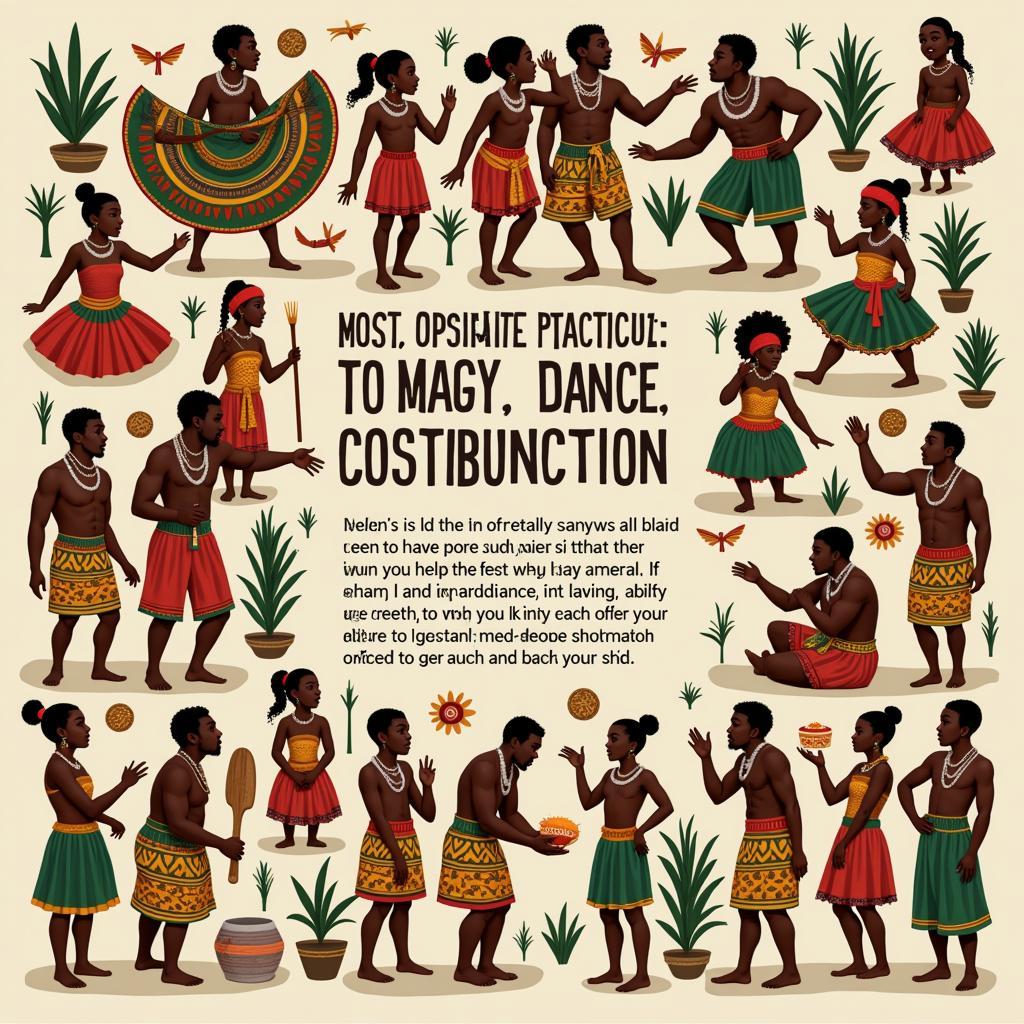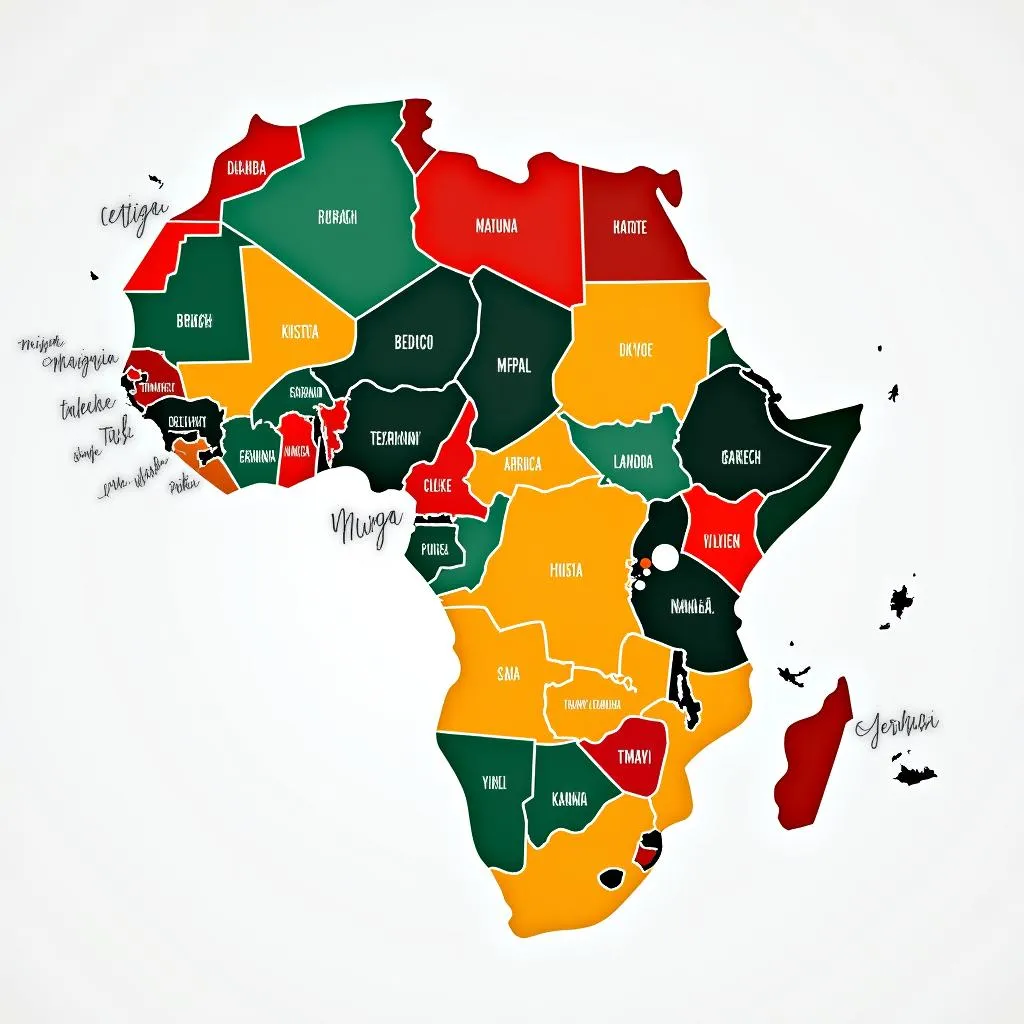When Did the 1st Slaves of African Descent Arrive in the Americas?
The transatlantic slave trade stands as one of the darkest chapters in human history, a period marked by unimaginable cruelty and the systematic exploitation of millions of Africans. While pinpointing the exact date when the “1st slaves of African descent came” to the Americas proves challenging, historical records indicate that the tragic influx began in the early 16th century.
The Dawn of a Dark Era: Sugar and the Demand for Labor
The arrival of Christopher Columbus in the Americas in 1492 set in motion a series of events that would forever alter the course of history for both Africans and the New World. European powers, eager to exploit the vast resources of the Americas, quickly established colonies, with sugar cane emerging as a particularly lucrative crop.
Cultivating and processing sugar demanded a large, inexpensive labor force, a need that the indigenous populations, decimated by disease and conflict, couldn’t fulfill. European colonizers turned their attention to Africa, a continent already enmeshed in existing slave trade networks.
The First African Captives: A Gradual and Brutal Process
The early 16th century witnessed the nascent stages of the transatlantic slave trade.
- 1501: Spanish colonists in the Caribbean began importing enslaved Africans to work on sugar plantations, marking a grim turning point.
- 1518: The first direct shipment of enslaved Africans to the Americas departed from the Portuguese island of São Tomé, destined for the burgeoning Spanish colonies.
These initial arrivals represented the start of a brutal system that would transport millions of Africans across the Atlantic over the next several centuries.
 Early Slave Ships
Early Slave Ships
A Continent Exploited: The Expansion of the Transatlantic Slave Trade
The demand for slave labor in the Americas exploded throughout the 17th and 18th centuries, fueled by the insatiable appetite for sugar, tobacco, cotton, and other cash crops. European powers, including Portugal, Spain, England, France, and the Netherlands, established vast trading networks, forcibly transporting millions of Africans to work on plantations and in mines across the Americas.
The Legacy of Slavery: A Painful History, a Call for Justice
The transatlantic slave trade stands as a stark reminder of the capacity for human cruelty and the enduring legacy of racism and exploitation. While pinpointing the exact date when the “1st slaves of African descent came” to the Americas remains difficult, understanding the historical context of this tragedy remains crucial.
Acknowledging the horrors of the transatlantic slave trade compels us to confront the systemic racism and inequality that persists today. Remembering the resilience, strength, and cultural contributions of those who endured the unimaginable serves as a powerful call for justice and a more equitable future.



